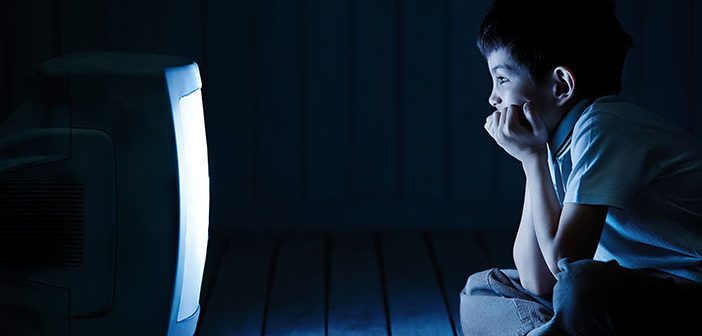Our current generation of kids are likely to be staring at some sort of screen for a minimum of 2 hours each day, and sometimes a lot longer than that.
It goes without saying that these modern-age habits could have some health implications and it can also mean that they probably don’t get as much time to appreciate what is going on around them in the world, as they should.
Staring at a screen is definitely not a great habit if you are teen driver for example, as someone like will likely confirm, when there is a distracted driving incident to contend with.
This is just one good reason why it would be a good idea to start a minimalist movement with your kids and get them to minimize their screen time.
The facts and figures should be some cause for alarm
Many of us have a close relationship with some sort of screen as part of our daily lives, whether it is checking your smartphone or working on a computer as part of your work, but there is good reason to be concerned about the amount of screen time that kids are exposed to.
According to research carried out by the , the average six-year old child will watch an average of 2 hours TV each day, then there is the iPad and other devices that are gaining their attention.
By the time your child is between 8 and 18 years of age, their screen time exposure will probably have risen to at least six hours a day, if you add up TV and computer time, plus the prospect of looking at their smartphone too.
Known risk factors
These figures represent a major portion of their waking hours and when you consider some of the known risk factors attached to too much screen exposure, it makes sense to develop a strategy to try and limit their time spent watching and using these various devices.
Children who spend too much time staring at a screen are likely to be at a higher risk of becoming obese, and there is some evidence that suggests a link between early and subsequent aggressive behavior in adulthood.
Other issues linked to overexposure to screen time include lower academic achievements, a decreased level of energy and a propensity towards riskier behavior as they get older.
What about preschoolers?
Habits develop early so it would be prudent to question what effect screen time has on preschoolers.
Many parents have a natural inclination to hand their kids an iPhone or a smartphone if it is going to pacify and entertain them while they are trying to finish a chore, but there is a world of difference between a couple of minutes of distraction, and longer periods of time spent staring at a screen.
Setting screen time limits is especially important and relevant when it comes to preschoolers.
Your young child needs to learn and practice their social interaction skills and this is not something that they are going to get from looking at a screen. The American Academy of Pediatrics has set out some suggested guidelines regarding usage limits, and suggests that preschoolers should be exposed to an absolute maximum of 2 hours of screen time per day.
The potential consequences attached to overexposure include slow development of language skills and obesity as well as sleep problems.
Finding a sensible solution
We live in a digital age, so it is incredibly hard to avoid a certain amount of screen time, but there are some sensible ways to limit their exposure.
Leading by example is a great starting point. Kids tend to copy their parents habits, so if you spend a good part of the day with your smartphone welded to your hand and checking Facebook, it’s your choice of course, but children to tend to gravitate towards following their parent’s lead.
Set some clear parameters and organize some other activities like a trip to the park or going for a swim, which we would be good for you as well as your child. As well as imposing some sensible time limits on how much TV they watch or how long they get on the iPad, also keep a close eye on whether they display any noticeable changes in their behavior as a result of what they are doing or being restricted from doing.
If you notice that they are sometimes irritable or even aggressive after spending some time in front of a screen, that should be your cue to get them away from it and spend a bit of family time together doing something that doesn’t involve looking at a screen.
Lily Baker has two kids ages 5 and 9 and is worried at how technology is changing childhood for kids today. She writes about this as well as other subjects close to her heart for parenting and lifestyle blogs.




